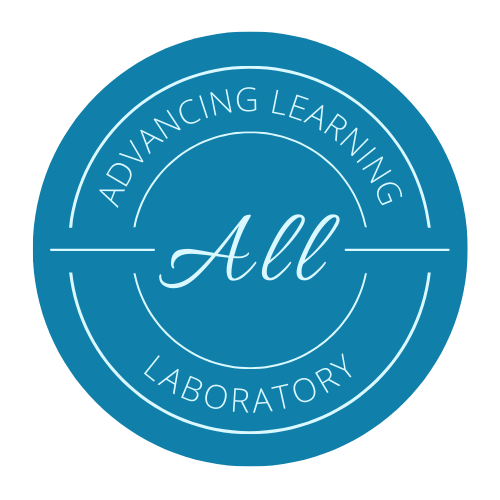Welcome to the Advancing Learning Lab!

Under the direction of Dr. Cristina Zepeda and together with students and teachers, we investigate how to improve student learning by drawing upon cognitive, educational, and social psychology. Typically our studies are with middle school through college age students. We ask questions such as: How can we support students to use effective learning strategies? Do certain learning activities spark different types of motivation? How can we prepare learners for future learning experiences?
You can learn more about our work here and please feel free check out our team and publications.
If you are interested in collaborating or running a study in your classroom, please contact us.
The Advancing Learning Lab is a place where we ALL work together to understand how to improve students’ learning experiences.
